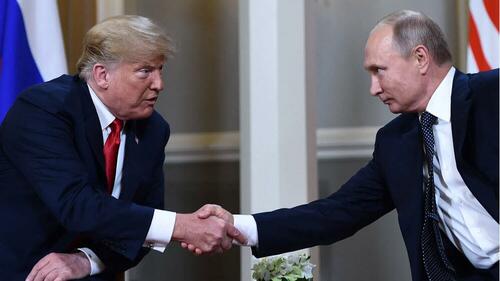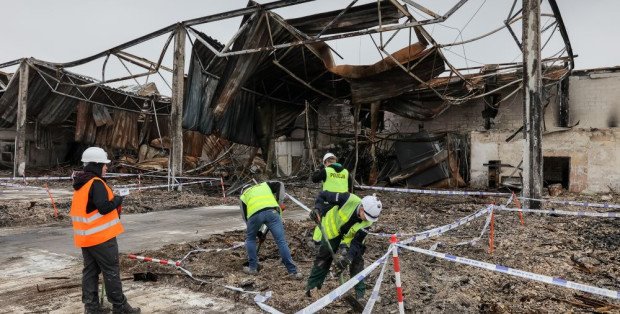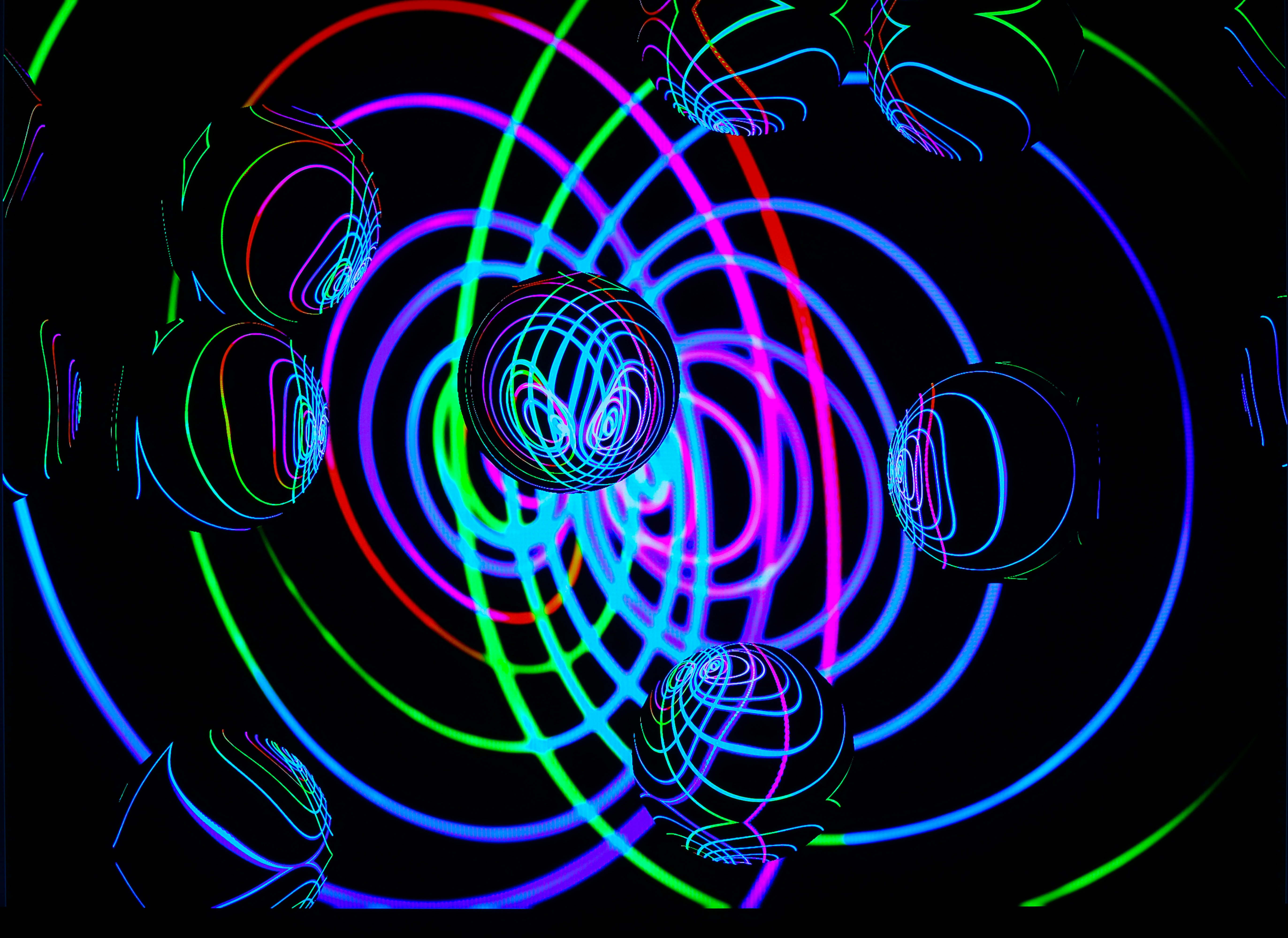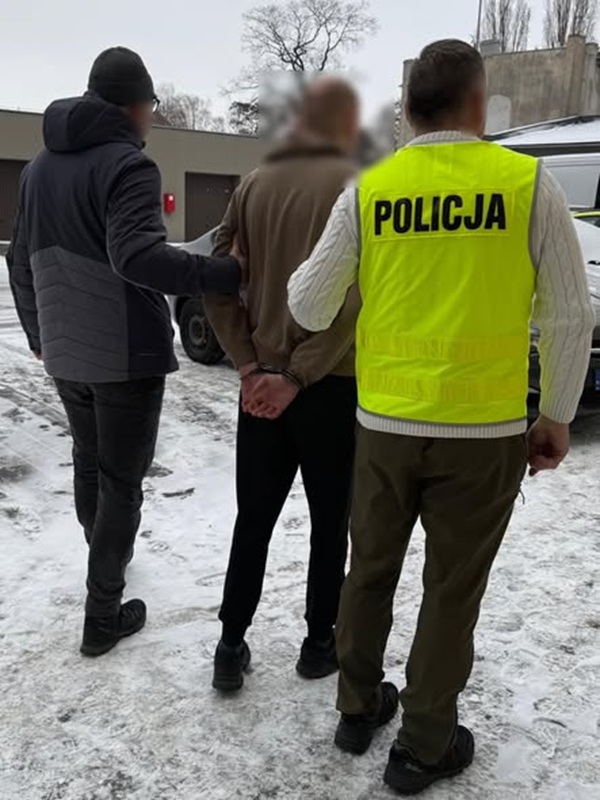
Трамп-Путин Саммит на Аляске: мирные переговоры и власть играют на бывшей российской почве
Представлено Томасом Колбе

Дональд Трамп остается верен своей линии и утверждает доминирование над геополитической шахматной доской — символически. После объявления торговой сделки с ЕС на его гольф-курорте в Тернберри, Шотландия, на Аляске запланированы мирные переговоры по конфликту на Украине с президентом России Владимиром Путиным.
Место проведения переговоров часто предопределяет баланс сил между противниками. В этом смысле его следует рассматривать как явную демонстрацию силы, что и президент Европейской комиссии Урсула фон дер Ляйен, и премьер-министр Великобритании Кейр Стармер — особенно без военных фанфар — отправились на частный курорт Трампа в Тернберри, чтобы быть политически «размещенными» американским президентом. Судя по результатам этих переговоров, один вывод неизбежен: Евросоюз больше не играет в лиге великих держав. Интерес Вашингтона к внутриевропейским делам заметно охладел, сосредоточившись, по сути, на двух вещах: упорядоченном выходе из военных запутываний и защите корпоративных интересов США на едином рынке ЕС.
Мы наблюдаем переход власти от Атлантики к Тихому океану.
Европа теряет грязь
Вряд ли это секрет: Китай и США будут устанавливать стандарты международной политики в будущем. Россия, самая богатая ресурсами страна в мире, может быть названа европейцами государством-изгоем и злонамеренным центром всего зла, но это не меняет того факта, что эпоха постколониального европейского доминирования заканчивается, и Москве не составит труда разыграть свои карты рынка ресурсов за пределами сокращающейся европейской сферы влияния.
В этом духе президент России Владимир Путин 15 августа отправится на «территорию отчуждения» на Аляске, которая когда-то была частью России, чтобы предварительно договориться о мирных условиях на Украине с президентом Трампом. Трамп видит прогресс в застопорившемся конфликте и подчеркивает, что переговоры, вероятно, приведут к соглашению о обмене землями «на благо обеих сторон». Хотя российское правительство не опубликовало официального заявления, многое говорит о том, что Москва не вернет оккупированные территории в Донбасс, Луганск, Запорожье и Херсон, а также Крым. Россия в настоящее время держит военную инициативу и усиливает давление на Украину и ее союзников, чтобы заставить резолюцию.
Чтобы не затмить личную встречу, Белый дом отложил тарифный ультиматум, первоначально установленный на 9 августа, который ввел бы 100% пошлины на российские товары, если бы война продолжалась, отодвинув ее на 27 августа.
Аляска как сигнал
Посмотрим, что будет происходить в это время, и сорвут ли потенциальные сбои это осторожное сближение еще раз. Один из них напоминает о широко обсуждаемом визите бывшего премьер-министра Великобритании Бориса Джонсона, который через два месяца после начала войны выступил в качестве своего рода теневого дипломата, чтобы отвергнуть предложенное Россией мирное соглашение.
То, что сейчас снова обсуждается — обмен земель и исключение Украины из НАТО — было категорически отвергнуто тогда. Сотни тысяч погибших и раненых позже, похоже, вновь поворачиваются к дипломатии в свете мрачной военной ситуации. Однако на этот раз американцы оказывают давление на воюющие стороны. Из Европы мало что слышно, кроме интенсивных усилий по перевооружению и заявленной воли к «ремилитаризации» населения, как неоднократно подчеркивало немецкое правительство.
Дипломатическая нить, которую нужно выбрать
Теперь дипломатическая нить снова будет подхвачена на Аляске. До 1867 года Аляска была российской территорией до того, как США приобрели ее у царя Александра II за 7,2 миллиона долларов — после того, как поражение России в Крымской войне оставило ее казну истощенной. География здесь говорит о томах: Аляска находится между Россией и США, разделенная только Беринговым проливом, символизирующим непосредственное соседство двух великих держав, которые теперь могут вступить в новую фазу сближения в быстро меняющемся мировом порядке.
Для переговоров по Украине это место сигнализирует о том, что даже глубоко укоренившиеся геополитические разногласия можно преодолеть с помощью прагматичных соглашений. В то же время Аляска имеет стратегическое значение для Арктики, торговые пути и ресурсы которой, вероятно, будут интегрированы в будущую архитектуру глобальной власти.
Принимая российского президента в таком невралгическом месте, Трамп объединяет историческое примирение с современной политикой власти, создавая символическую обстановку, которая предполагает готовность к компромиссу, не уступая суверенитету.
Движение Трампа
То, что может выглядеть как PR-переворот в заголовках, на самом деле является шагом на самом высоком уровне геополитики. Пригласив Путина на территорию США, Трамп открыто нарушает преобладающую доктрину изоляции России. Ордер на арест МУС, режим санкций, годы тщательно культивируемых вражеских образов — все это, если встреча состоится, испарится в значении с одной фотографией.
Правила, которые внешнеполитический истеблишмент считает неприкосновенными, могут быть предметом переговоров, по крайней мере, если так решит президент Соединенных Штатов.
За закрытыми дверями основное внимание, вероятно, будет сосредоточено на перекройке сфер влияния: возможный эндшпиль Украины в обмен на российские уступки — энергетика, арктический проход, возможно, даже постепенное дистанцирование от Пекина. Для Трампа встреча дает шанс вывести Россию, возможно, через торговлю, на геостратегическую орбиту Америки. Это согласуется с соглашением по сырью, подписанным с Украиной в апреле, предоставляя США эксклюзивный доступ к редкоземельным ресурсам страны, а также некоторым запасам нефти и газа.
Но истинное испытание, связанное с этой встречей, лежит во внутренней работе американской энергетической машины: Сможет ли Трамп провести такую нетрадиционную операцию без саботажа со стороны собственного аппарата безопасности? Если ему удастся запустить надежный мирный процесс, он докажет, что взял под полный контроль внешнеполитическую стратегию США.
Это стало бы решающим ударом по неоконсерваторам, настаивающим на эскалации в Украине, и дальнейшим шагом к миру.
** **
Об авторе: Томас Колбе - немецкий экономист, который работал журналистом и медиапродюсером для клиентов из различных отраслей и бизнес-ассоциаций. Как публицист, он фокусируется на экономических процессах и наблюдает за геополитическими событиями с точки зрения рынков капитала. Его публикации следуют философии, которая фокусируется на личности и ее праве на самоопределение.
Тайлер Дерден
Сат, 08/09/2025 - 09:55








